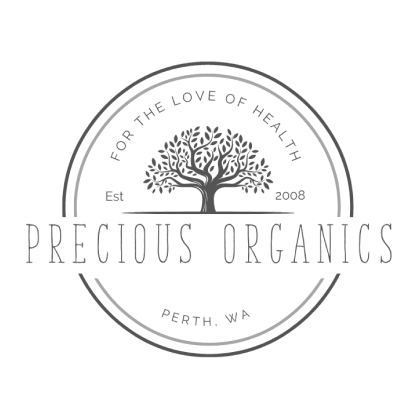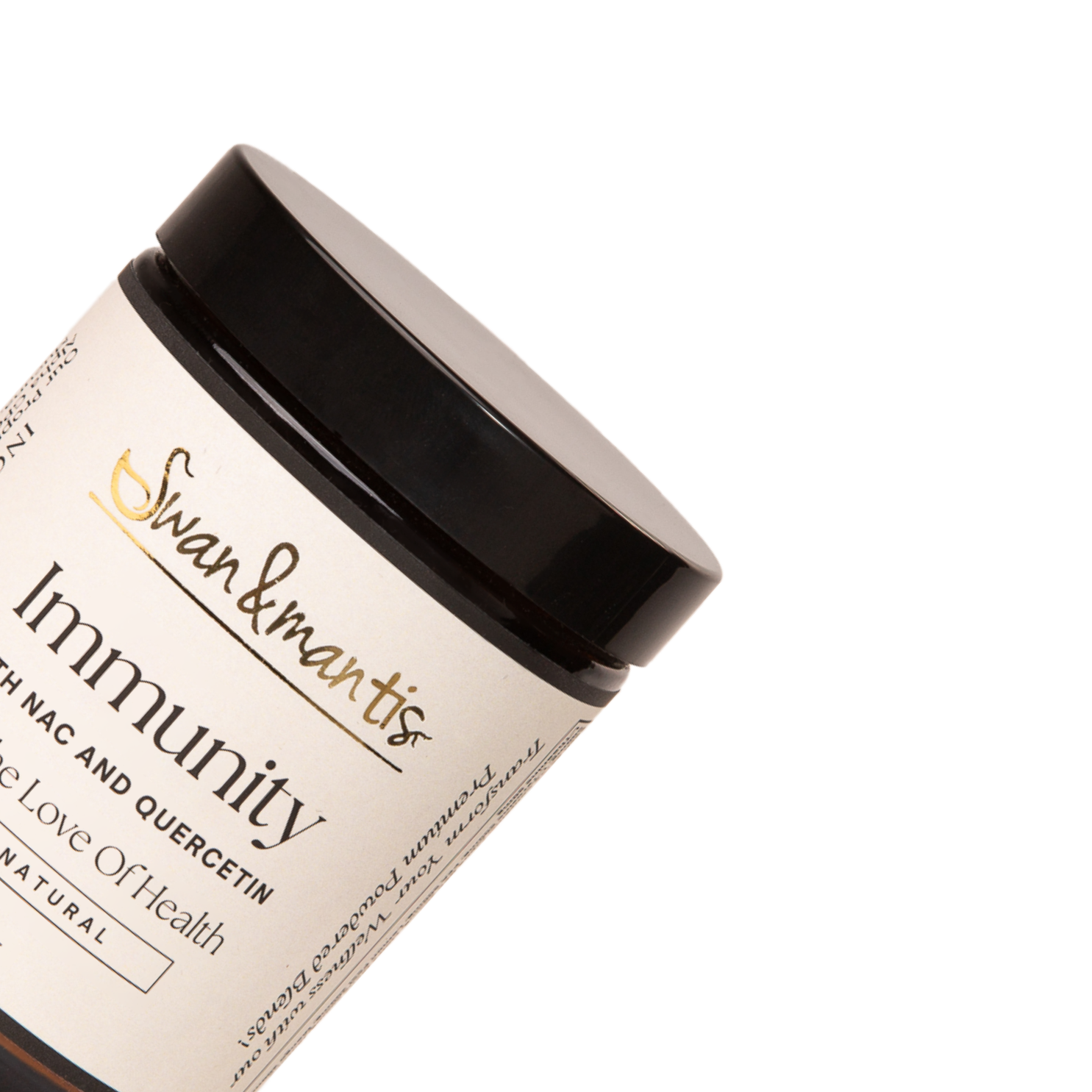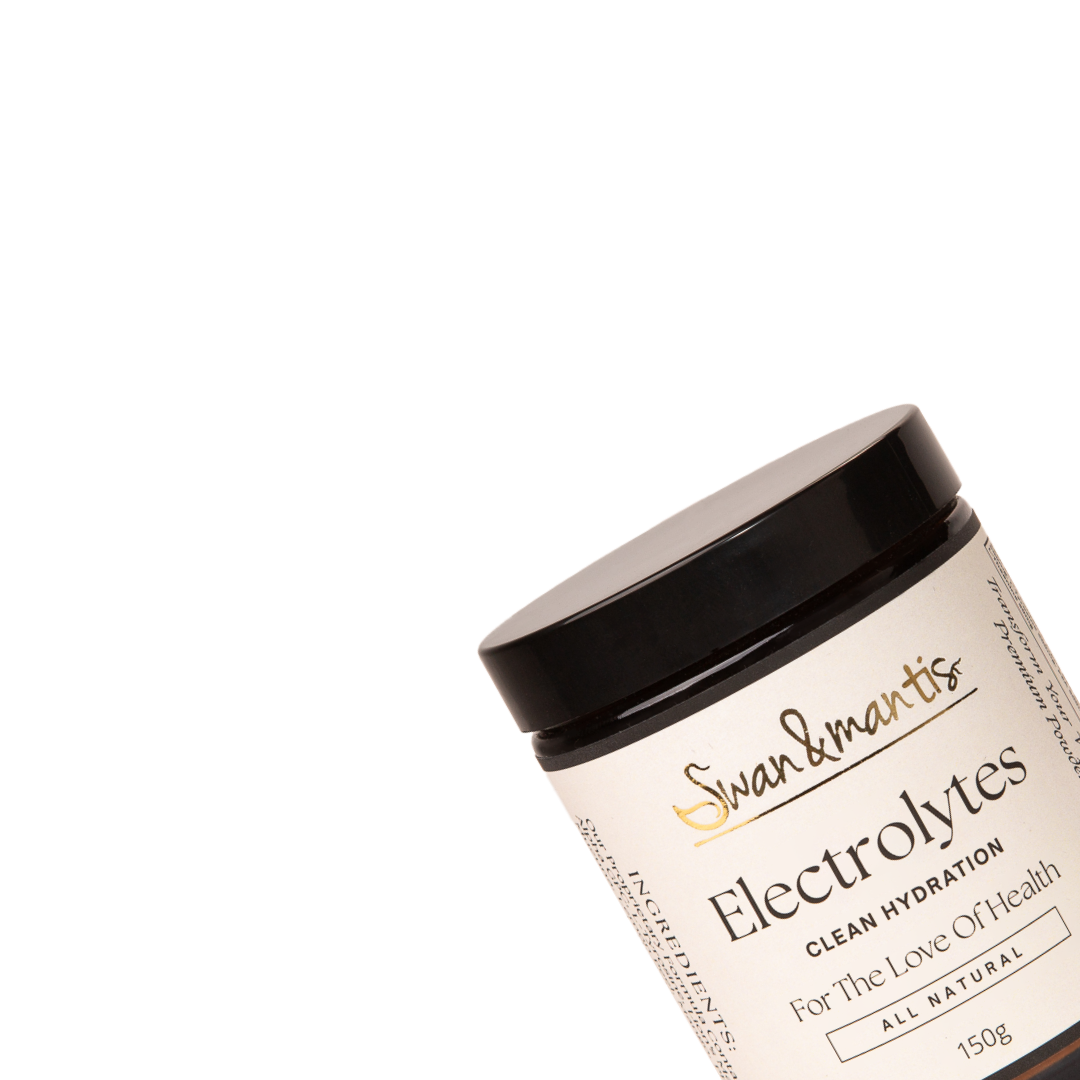Cancer and Unexpected Remissions
By Dr. Lissa Rankin
When I first read the Spontaneous Remission Project, which consists of over 3,500 case studies in medical literature of patients who have been cured from seemingly "incurable" illnesses, either without medical treatment or with treatment deemed inadequate for cure.
These case studies, written up by doctors as unexplainable cases, offer a scientific peek into the mystery of medicine, the awe of medicine, and the possibility of what some might call (though most doctors wouldn’t dare) "miracles."
Many of these case studies include the stories of patients who were cured from supposedly terminal cancers—Stage 4 cancers that disappeared. When I read these case studies, the million dollar question that popped into my mind was, Are these flukes— or did these patients do something proactive to cure themselves?
In 10 Ways To Live To Be 100, I shared some proactive tips for long life and good health, based on the scientific literature. But for those either fighting cancer or hoping to prevent it, there’s more data to guide your healing journey.
Unexpected Remissions
Dr. Kelly Turner, a PhD who trained at Harvard and UC Berkeley, had the same question, so I tracked her down to interview her for my book Mind Over Medicine: Scientific Proof That You Can Heal Yourself. For her PhD thesis, Dr. Turner traveled the world studying people who experienced what she calls "unexpected remissions" from Stage 4 cancer. She prefers the term "unexpected remission" to "spontaneous remission" because the word "spontaneous" implies that it just happened, that it was some sort of lucky accident, and that the patient wasn’t involved in the cure.
In addition to interviewing the patients to find out what they did to get well, Dr. Turner interviewed their healers, usually unconventional healers, since many of these patients had chosen to refuse Western medical treatment.
What Dr. Turner found is that these unexpected remissions weren’t accidents. The common thread between all of these patients stories was a set of 6 proactive health behaviors they credit with their cancer cures.
6 Things People With Unexpected Remission From Cancer Did To Cure Themselves
1. They changed their diets.
The majority of Dr. Turner’s interviewees credited diet change as a powerful tool for self-healing. Most recommended eating a diet consisting primarily of whole vegetables, fruits, grains, and beans, while eliminating meat, sugar, dairy, and refined grains. When your body’s innate self-repair mechanisms are overtaxed with cleaning up toxins from a poor diet, it’s hard for them to go about the business of fighting cancer. But when your diet is pristine, your natural self-repair mechanisms can do what they know how to do - kill cancer cells and try to return the body to homeostasis. For great examples of how to fight cancer with a vegan, largely raw, chemical-free, anti-inflammatory diet, check out Kris Carr’s Crazy Sexy Diet and Crazy Sexy Kitchen.
2. They deepened their spirituality.
Many of Dr. Turner’s interviewees discussed feeling an internal sensation of divine, loving energy of a spiritual nature. One study showed that engaging in spiritual community by attending religious services can extend your life by up to 14 years, so it’s unsurprising that connecting with the Divine—whether within yourself or in spiritual community with others who share your faith—would activate your body’s self-repair mechanisms so your body can heal itself.
3. They felt love, joy, and happiness.
Many of those Dr. Turner interviewed credited their cancer cure with increasing love and happiness in their lives. Studies show that happy people live up to ten years longer than unhappy people and optimists have a 77% lower risk of heart disease when compared to pessimists, most likely because feelings of joy, love, connection, optimism, and happiness flip off harmful stress responses and activate healing relaxation responses in the body, filling the body with healing hormones like oxytocin, dopamine, nitric oxide, and endorphins which bathe every cell in the body (including the cancer cells) and activate the body’s natural cancer-fighting abilities.
4. They released repressed emotions.
Many of Dr. Turner’s interviewees believed that it was healing for them to release any negative emotions they'd been harboring, such as fear, anger, grief, or resentment. We know that repressed emotions, whether they exist in the conscious or subconscious mind, act as triggers to the amygdala in your limbic brain, since the amygdala inaccurately perceives these negative thoughts as a threat to your safety.
Every time you feel fear, anger, grief, resentment, loneliness, pessimism, depression, or anxiety, these negative thoughts activate the "fight-or-flight" stress response that fills the body with poisonous stress hormones and deactivates the body’s natural healing processes. Dealing with your negative emotions in healthy ways—via psychotherapy, somatic work, the Hoffman Process, or any number of other modalities, can calm your amygdala, return your nervous system to its homeostatic relaxed state, and boost your body’s self-repair mechanisms.
5. They took herbs or vitamins.
Dr. Turner’s interviewees took various forms of herbs, vitamins, and supplements with the belief that they would help to detoxify the body and/or boost the immune system. (There wasn’t any one magic supplement that beat out the rest.) Whether these herbs, vitamins, and supplements actually helped cure the cancer—or whether they effectively helped flip on the body’s natural self-repair via the placebo effect—has yet to be determined. And it shouldn’t matter.
We know that 18 to 80% of the time, patients taking sugar pills with no inactive ingredients get better because they believe they're getting the real treatment. In other words, if you believe some herb, tea, tonic, vitamin, or nutritional supplement holds the key to your cure, by all means, take it.
6. They used intuition to help make treatment decisions.
Those who Dr. Turner interviewed talked about the importance of following their intuition with regard to treatment-related decisions, which makes sense physiologically. When rats with a certain type of cancer are exposed to shocks, studies show that the rats who learn to escape the shocks die of cancer 30% of the time, compared to a 73% death rate when the rats become passive and just lay down and accept their fate.
In other words, your body is your business. Whether or not you’re pursuing conventional cancer treatment or trying alternatives like the people in Dr. Turner’s study, you can’t just hand the fate of your body over to someone else the way you would hand your car over to a doctor. You know your body better than any doctor does, and following your intuition is key when it comes to fighting any illness, especially cancer. If you or someone you love has cancer, the very act of taking charge of your health not only ensures that you get the best care; it also gives you a survival advantage and makes it more likely that you will become one of the medical miracles.
It’s Not Just Treatment, It’s Prevention
Remember, these healthy behaviours aren’t just about helping you experience an unexpected remission. They’re about prevention. After all, this is your LIFE we’re talking about.


